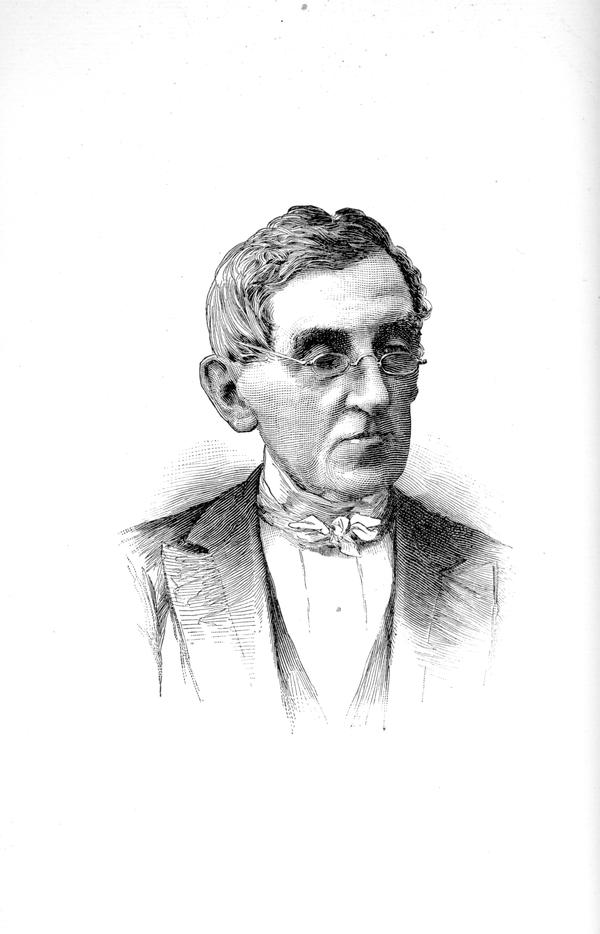Life Experience
Samuel Klinefelter Hoshour was born in a German-speaking neighborhood of Pennsylvania in 1803. At his father’s death, he was placed with an unsympathetic guardian. At the beginning of 1820, at the age of 16, his guardian had planned to indenture him to a tanner so that he could learn the trade. This was halted, however, when his employment in the summer of 1819 led to a serendipitous opportunity. Hoshour was working for a miller who needed someone to settle accounts. He did this so well that the miller decided Hoshour should be a schoolmaster, when a vacancy turned up. At age 17, he found himself teaching in his German community. Hoshour soon after attended an English-speaking school where he learned math and language. At age 18, upon reading Pilgrim’s Progress, he felt a desire to enter the Christian ministry.
Hoshour’s guardian opposed his calling, but a wealthy brother of his mother’s provided him the means to attend a classical school and then the New Market Theological Institute in Virginia. In 1826, when a position opened up for a pastor who could preach in both English and German, he filled the vacancy.
Hoshour briefly pastored a number of churches. His acceptance of full-immersion baptism was a controversial position to hold in his day, causing him to have to leave his pastorate and move in with his father-in-law. He and his wife, Lucinda, thought they would be consigned to a life of poverty with ministry as a volunteer occupation rather than a livelihood.
In 1835, Hoshour and his family moved to Centerville, Indiana. He tried his hand at farming, but found it “incompatible with his feelings and tastes,” and went back to school teaching to support his family. He was so successful that he was placed at the head of the Wayne County Seminary, where he taught for four years. Concurrently (from 1838 to 1841), Hoshour served on the Board of Trustees at IU.
In 1839, IU conferred Hoshour with the honorary degree of Master of Arts. That same autumn, he became principal of Cambridge City Seminary, a position he held for seven years. Also during that time, he helped encourage Lewis Wallace in literary pursuits, which Wallace would later remember as pivotal in encouraging him to write his wildly successful novel, Ben-Hur.
In 1846, Hoshour cut back his duties for his family’s sake and traveled to various institutions and Indiana towns to teach the German language. By 1852, he was able to purchase a small farm and invest in the railroad. The same railroad company then forced him to move his home, as the Richmond and Indianapolis Railroad had to pass through Cambridge City, where his land was located.
In 1858, Hoshour became the second president of North-Western Christian University (now Butler University), only three years after it opened. He would remain there for the next 17 years, including three years as president and several years as Chair of Modern Languages. In 1862, he was the State Superintendent of Public Instruction.
Marriage and Family
In 1826, Hoshour married Lucinda Savage of Virginia. He and Lucinda had Samuel H. (namesake son born 1830), Emma (born 1834), and Phil (born 1837). They went on to have three more daughters: Serena (born 1839), Eleanor (born 1841), and Mary (born 1844).
Hoshour died in 1883 followed by his wife in 1887.
Interesting Anecdote
Hoshour’s nonfiction writing was popular during his lifetime. One such work was The Altisonant Letters, which described the meaning of unusual words of the English language.


